Iftar Meals for Ramadan
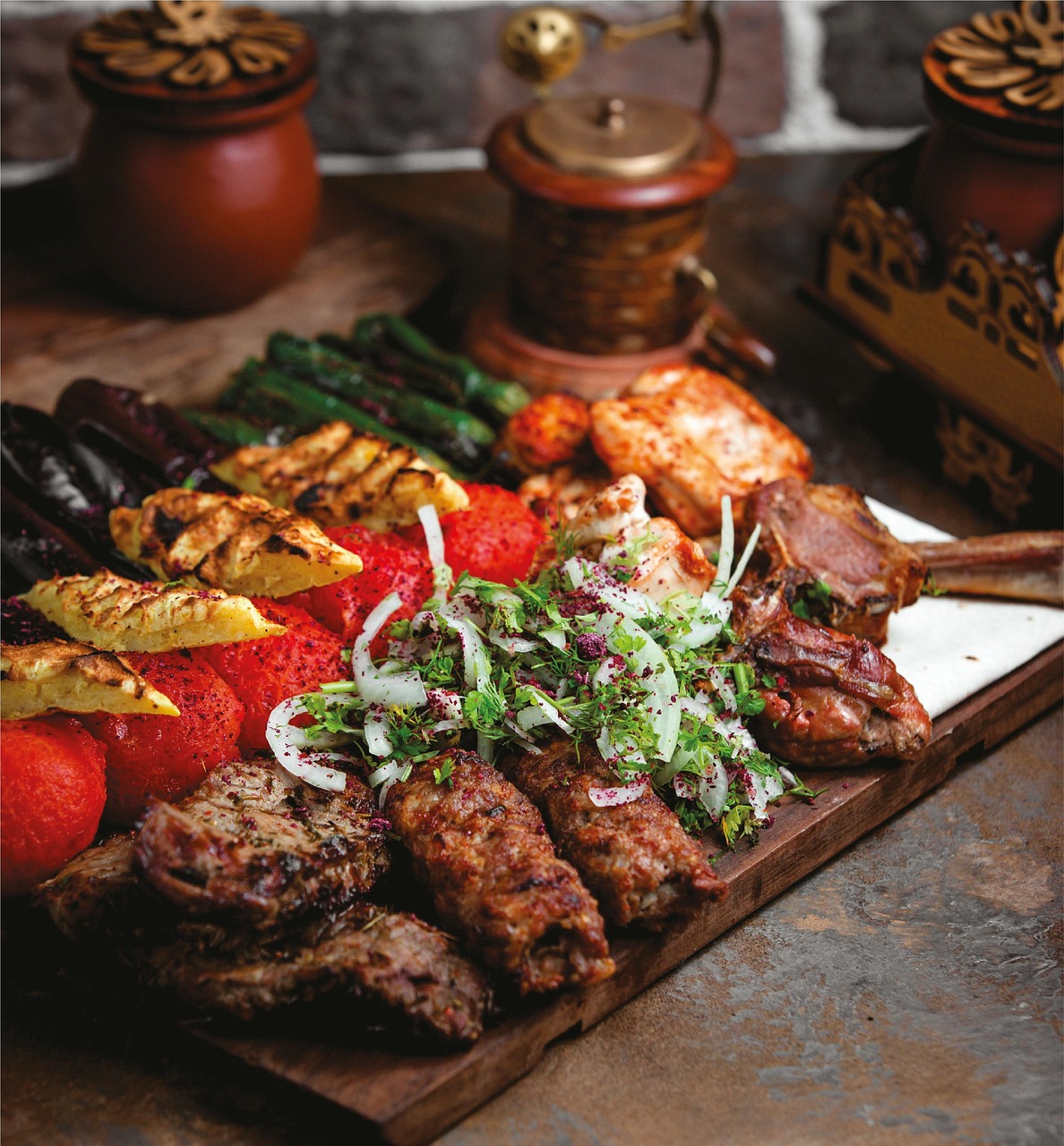
Celebratory Iftar Meals for Ramadan
Iftar meals for Ramadan are the evening meals that break the Fast during Ramadan.
Ramadan, the holiest month in the Islamic calendar, is a time of spiritual reflection, devotion, and communal connection. It is observed by Muslims worldwide through fasting from dawn to sunset, with Iftar—the evening meal that breaks the fast—serving as a daily moment of joy, gratitude, and togetherness. More than just a meal, Iftar holds deep cultural and social significance, especially in Egypt, where food and hospitality are at the heart of society.
In Egypt, hospitality is not merely a custom but a deeply ingrained value that defines social interactions. During Ramadan, this sense of generosity and warmth is heightened, as families, friends, and even strangers gather to share in the blessings of Iftar. Whether in homes, mosques, or public spaces, the act of offering food to others is seen as a noble gesture, reinforcing the bonds of kinship and community.
Family and Social Gatherings to Share Iftar Meals
Iftar in Egypt is much more than just a meal; it is a cherished tradition that brings families and friends together in a spirit of love, gratitude, and unity. Throughout Ramadan, homes are filled with the sounds of laughter, the aroma of slow-cooked dishes, and the warmth of hospitality as families prepare to break their fast together. The act of sharing Iftar strengthens familial bonds and provides an opportunity for loved ones to reconnect, often after long days of fasting and worship.
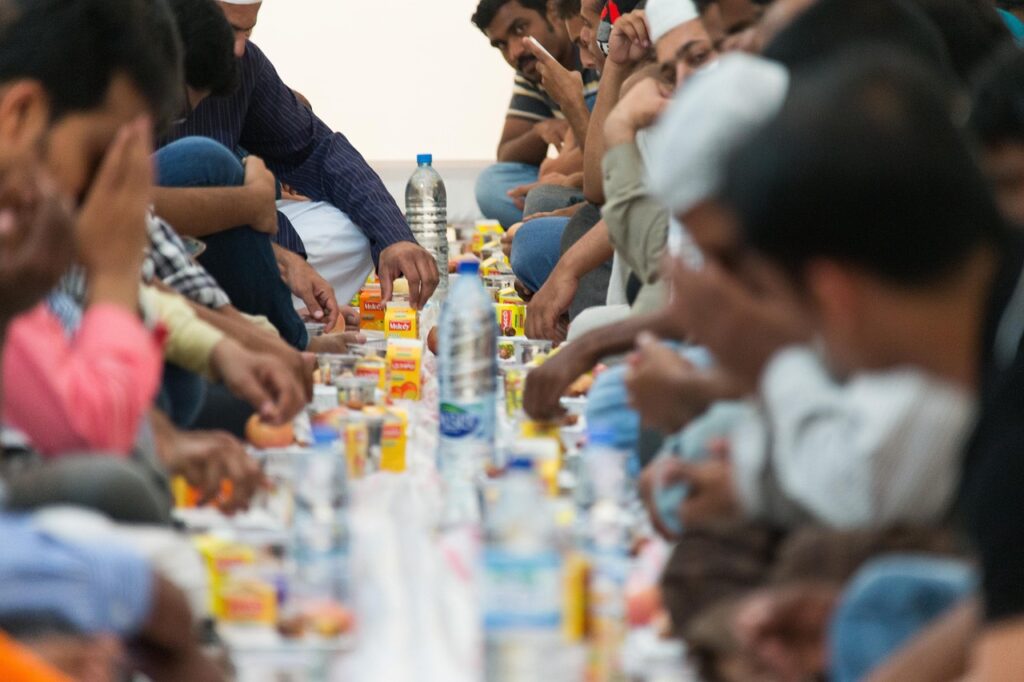
Hosting large gatherings is common, with tables set for 15, 20, or even 30 people, including extended family, friends, neighbours, and sometimes even strangers who are welcomed with open arms. Preparing for such feasts is a collective effort, with family members pitching in to cook, set the table, and ensure everything is ready before the Maghrib Adhan. Traditional homes are often arranged with large dining spaces to accommodate these occasions, while in smaller homes, hosts make creative use of space by arranging extra seating or serving meals in a buffet style.
The meal itself is a joyous occasion, filled with conversation, storytelling, and expressions of gratitude. The breaking of the fast typically begins with dates and water or juice, followed by soups and light appetizers before moving on to the heartier main dishes. Elderly family members are given a place of honor at the table, and children experience the warmth of family traditions, learning the values of generosity and togetherness.
Beyond private homes, social gatherings extend to mosques and community centers, where people come together to share Iftar in a more communal setting. Many families also take turns hosting one another throughout the month, ensuring that the spirit of togetherness continues night after night. This culture of hospitality reflects the deep-rooted Egyptian tradition of generosity, where no one is left to break their fast alone.
Planning Meals for Ramadan
When planning Iftar meals in Egypt, practicality is key, as dishes must be ready and on the table the moment the Adhan for Maghrib is called.
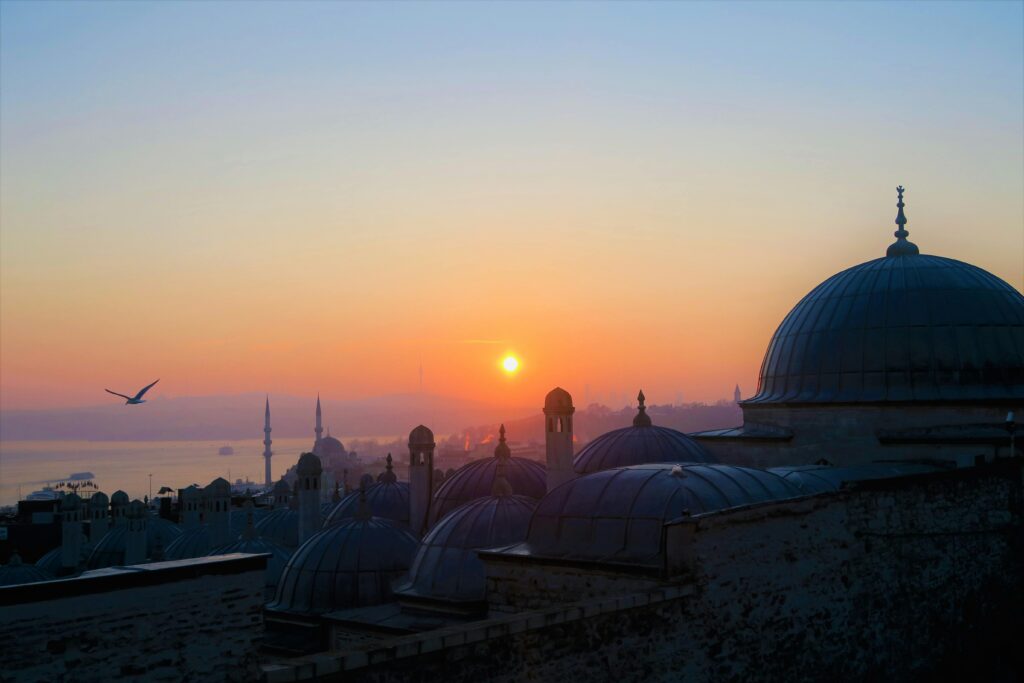
Iftar Meals for Ramadan need to be both easy to prepare in advance, given the large gatherings typical at this time which often include 15, 20, or even 30 guests , and guaranteed crowd-pleasers.
Traditional favourites like fattah , a hearty dish of layered rice, crispy bread, and slow-cooked meat topped with a tangy tomato and garlic sauce, are perfect for feeding large groups.
Mahshi (stuffed vegetables) is another popular choice since it can be prepped in advance and cooked just before Iftar, making it both convenient , delicious and never fails to impress.
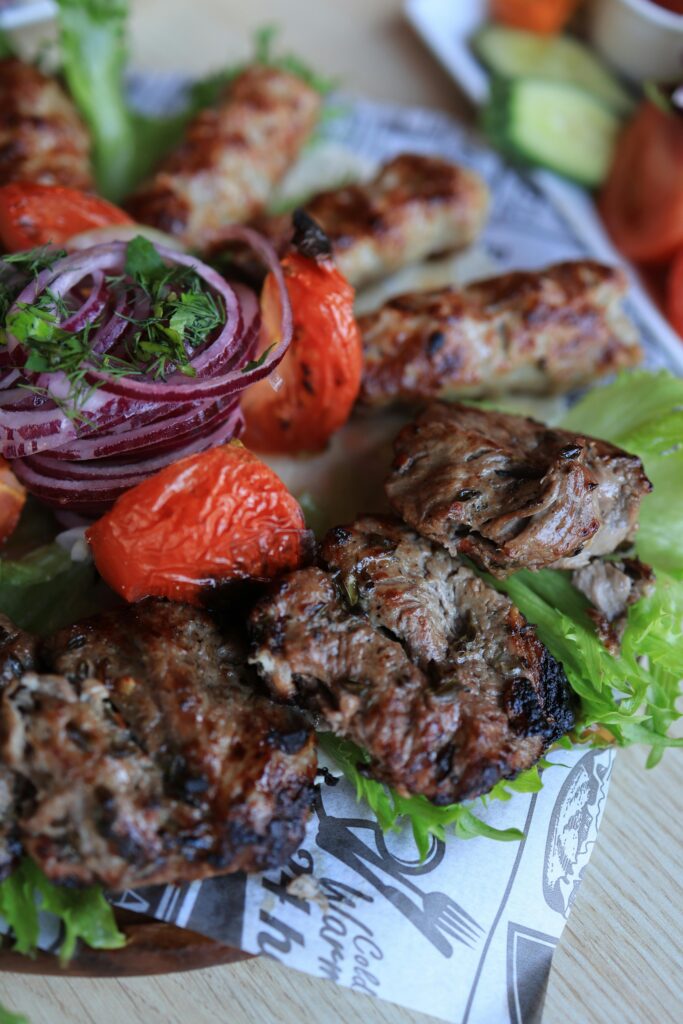
Grilled and roasted meats, such as kofta, lamb shank, or whole roasted chicken, are also popular as they can be marinated hours ahead for maximum flavour.
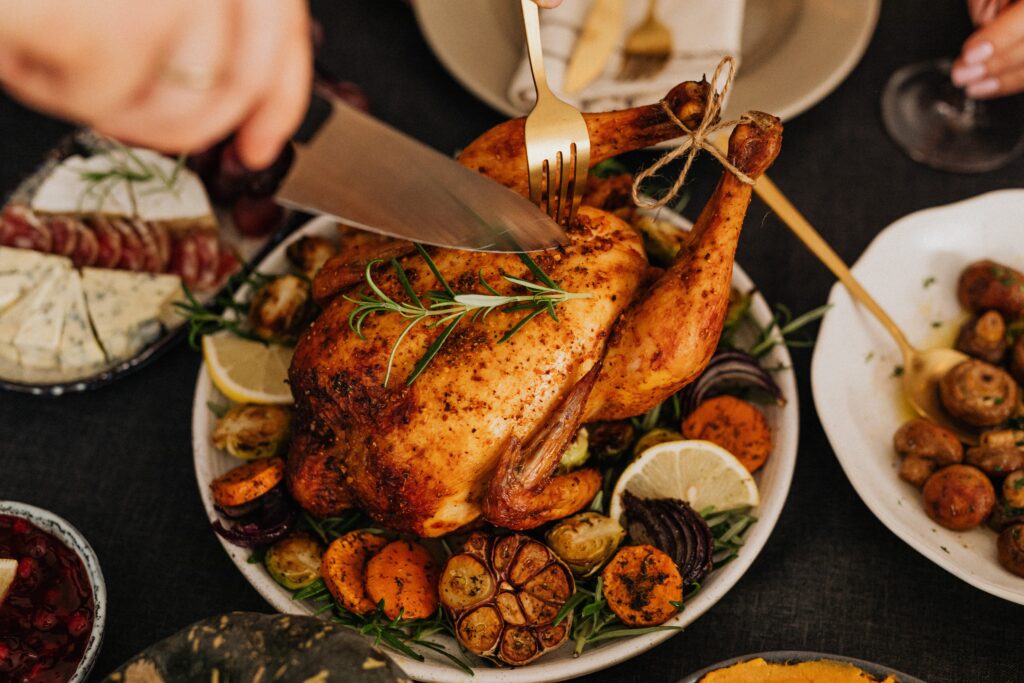
A staple at many Iftar tables is Molokhiya, a rich garlicky green soup served with rice and meat, offering both comfort and tradition.
To round out the meal, generous platters of fresh salads, pickles, and ghoulash (savory stuffed pastry) add variety and ensure there’s something for everyone to enjoy.
These dishes not only capture the warmth of Egyptian hospitality but also allow hosts to focus on welcoming their guests rather than last-minute cooking.